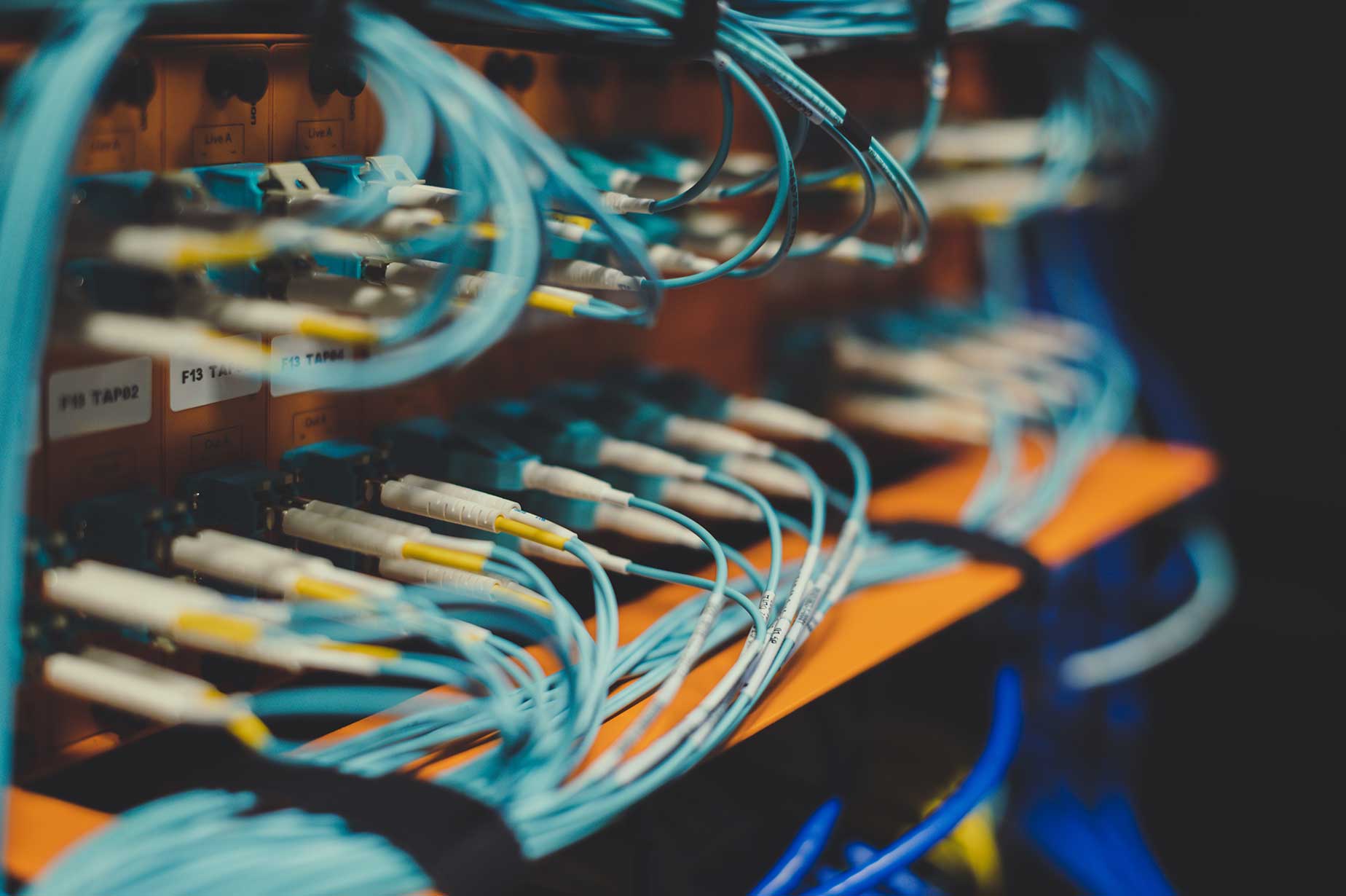Mains connectors also known as power connectors, are fundamental components in electrical and electronic systems. This is because they serve as a bridge between various devices and electrical power sources, allowing for a safe and efficient flow of electricity. In this article, we take a look at the applications of mains connectors, and the best practices businesses should take when using one.

Keep reading below to learn more.
An overview of mains connectors
A mains connector is a connector that allows electric devices to be connected to a primary power supply running through a building. This is usually done by building a wall via a wall-mounted power socket or points. Most mains connectors are regulated by the IEC, which stands for the International Electrotechnical Commission.
This showcases that the connector’s voltage does not go over 16A or 250V.
Also Read: Cybersecurity in Gaming: Protecting Against Hacks and Cheats
Applications of mains connectors
Mains connectors, otherwise known as DC power connectors or power plugs, are versatile and flexible components that are generally used in various B2B applications in order to connect electrical and electronic devices to power sources. Below are a few of the common applications of mains connectors in the B2B sector.
Data centres
Data centres often rely on mains connectors to help supply power to servers, networking equipment, and backup generators. These connectors are essential when it comes to maintaining continuous and reliable operations in data-intensive environments.
Medical devices
In the healthcare industry, mains connectors are generally used to power medical devices and equipment, including MRI scanners, X-ray machines, and surgical instruments. This is because safety and reliability are critical when it comes to these applications.
Telecommunications
Mains connectors are used in the telecommunications sector to connect power sources to communication equipment, such as cell towers, switches, and data routing systems. All of these components play a major role in maintaining network connectivity.
Industrial machinery and equipment
Mains connectors are often used in the industrial sector to provide power to equipment and machinery. These include manufacturing machines, conveyor systems, as well as robotic arms. They help to ensure a secure and safe connection, often in challenging industrial environments.
Manufacturing and automation
Automation equipment in manufacturing relies on mains connectors to power and control robotic systems, conveyors, and production lines. These connectors help to enable seamless integration of machinery. m
Transportation
In the transportation industry, mains connectors are typically used in wind and solar energy systems to connect wind turbines, solar panels, and energy storage systems to the electrical grid. They help facilitate the efficient transfer of power from renewable sources.
Laboratory and testing equipment
Research laboratories and testing facilities use mains connectors to power analytical instruments, testing equipment, and scientific instruments. This is because precision and safety are vital in these applications.
Audio and Visual equipment
In the entertainment and broadcasting industry, mains connectors are used for sound systems, lighting, cameras, and other audiovisual equipment. As such, they provide a reliable power source for events and production.
Construction and engineering
In construction projects, mains connectors are used to power heavy construction equipment, temporary power distribution panels, and lighting systems at construction sites.
Utilities and Energy distribution
Mains connectors are used by utility companies for power distribution and substations to connect transformers, circuit breakers, and switchgears. They help to ensure the efficient transfer of electricity.
Best practices when using a mains connector
Using mains connectors effectively and safely is important in various industrial and business settings. Below we have listed some of the best practices to follow when it comes to using mains connectors in B2B applications.
Choose the right connector type
Buyers should choose the right mains connectors that are suitable for their specific application. This means they should consider factors such as current, voltage, frequency, and other environmental conditions. Businesses should also use connectors that comply with industry standards and regulations.
Inspect connectors regularly
Businesses should conduct inspections of mains connectors before each use. This means checking for any physical damage, corrosion, or loose components. Defective connectors can pose safety hazards and should therefore be replaced immediately.
Documentation
Businesses should consider maintaining detailed records of their mains connector inventory, such as specifications, installation dates, and maintenance history.
Train personnel
Businesses need to train personnel on the safe and proper use of mains connectors. This means they should emphasise safety procedures, connector handling, and the importance of sticking to electrical standards and regulations so that employees know exactly how to handle it without anything adverse happening.
Vendor relationships
Businesses should further think about building strong relationships with trusted manufacturers and suppliers so that they can access reliable mains connector support and solutions.
Backup and redundancy
Another thing to think about is considering backup power sources and other redundant connectors that can be used in order to help minimise any downtime in case of failures.
Use cable management
Businesses need to implement cable management practices in order to prevent cables from becoming tangled, damaged or tripping hazards. Secure cables and connectors to prevent accidental disconnections or damage.
Use protective covers
When connectors are not in use, in order to protect them from dust, dirt and moisture, businesses should use protective covers. This helps to maintain the connector’s safety and integrity.
Also Read: 10 Best Free and Paid Weather APIs
Bottom line
Overall, mains connectors are what keep many companies and businesses afloat, as they provide the electrical connection needed to keep the business running smoothly. By understanding the considerations, applications and best practices related to a mains connector, businesses can make better-informed decisions so they can pick the one that best suits their needs.
No matter what industry a business is in, the right mains connector is often an essential component to allowing that business to do well in the long run.